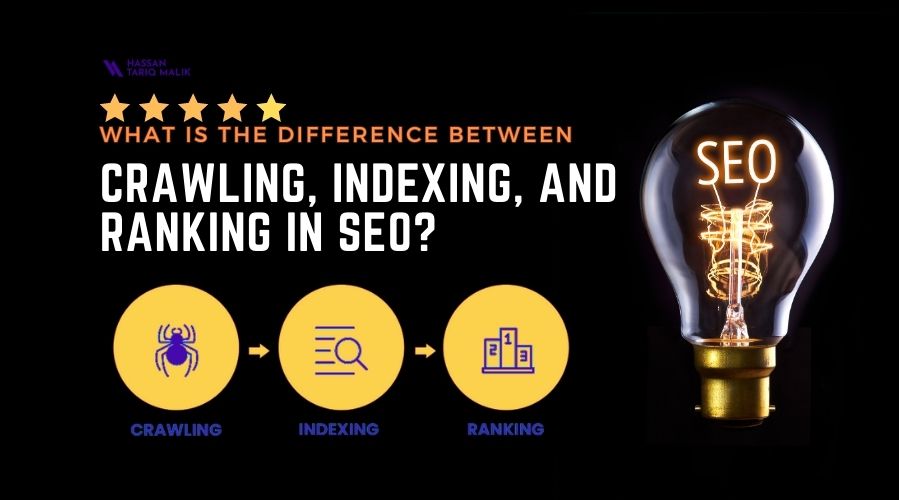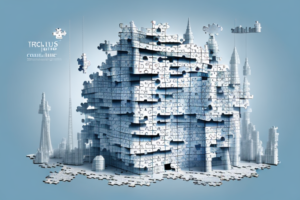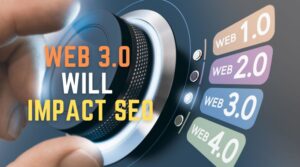SEO, or search engine optimization, is a set of activities performed to achieve high ranks on Search engines organic searches. Organic search results are the ones that are not paid for by advertisers but rather determined by the search engine algorithms based on the relevance and quality of the content. SEO helps a website attract more visitors from search engines such as Google and Bing. These visitors may become potential customers of your products, clients of your services, or readers of your content. Today we explore the difference between crawling, indexing, and ranking in SEO and try to determine the factors in optimizing each one of these on the website.
Why are crawling, indexing, and ranking essential for SEO?
As discussed earlier, crawling, ranking, and indexing enable search engines to provide relevant and valuable query results. But how do they play their roles? Let us have a closer look.
Crawlers perform crawling to scan the web and update pages for new data. Crawlers collect the relevant data from different web pages, create a web of interconnected pages, and also check the codes and content of every page they visit. In terms of content, they mainly focus on titles, headings, meta tags, images, videos, etc. So, crawling plays its role in SEO by allowing the search engine to find and access your website and its content.
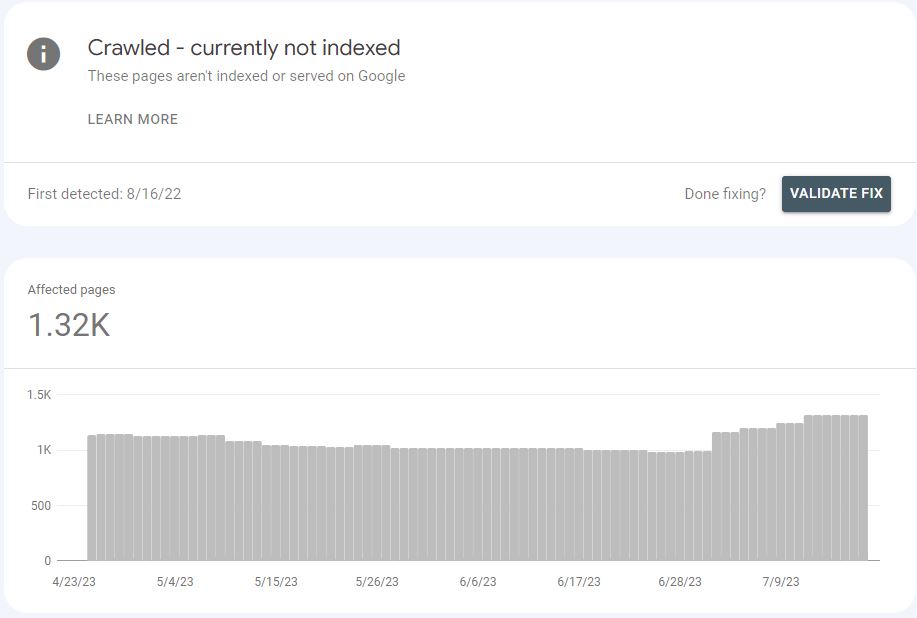
Similarly, after collecting the information from the crawlers, indexing plays its role in SEO by analyzing and processing it. This information includes keywords and topics, relevance and authority, and popularity of each page. It also evaluates the user experience of each page and removes duplicated pages or pages that have low quality in terms of content or user experience. So, indexing determines your website’s authority and range, making it eligible or not eligible to rank in search engine results.
Which position a web page can gain on search engine results pages (SERP) for different queries is determined by ranking, based on ranking algorithms. When you search for a question on search engines, the highest-ranking pages appear at the top, while the low-ranking pages appear at the lower positions or subsequent pages. So, indexing determines the visibility and attractiveness of a website. It also determines the beauty and usefulness of a website’s content.
How do crawling, indexing, and ranking affect SEO?
All three processes determine the positioning and display of your website and its content. So, to reach out to your audience and get better SEO results, you have to optimize your website according to these processes. Let’s explore the optimization for each method.

Optimizing for crawling
This process involves the easy access of search engine crawlers to your website, either using a clear and logical URL or creating and submitting a sitemap. It also can be done by using internal and external links and avoiding duplicate and low-quality content. You can also use the robots.txt file for optimizing your website for crawlers. A robot.txt file determines which pages or files the crawlers can or can’t request from your site.
Optimizing for indexing
This process involves appropriately organizing and storing your website and content using valid HTML in the search engine index. A good HTML is necessary to specify page metadata. A page’s metadata may include the title and description, keywords and robots meta tags, and canonical URL. Suppose you are optimizing your website for indexing. In that case, you also need to use structured data that is important to provide additional information about your content, like the type of the content, its name, image, rating, and price.
Optimizing for ranking
When you optimize your website for ranking, you will ensure that it and its content are valuable and relevant to the queries that users search for in the search engines. To optimize your website for ranking, you must conduct keyword research, which is essential to understanding the user’s and readers’ needs and requirements. Similarly, based on the keywords you found in your keyword research, you must create high-quality, engaging, unique, and comprehensive content.
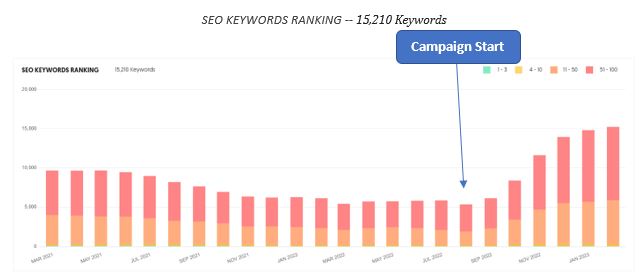
To make your content understandable, attractive, and reader-grabbing, you need to add some images, tables, graphics, and videos, as well as catchy titles, meta descriptions, bullets, headings, and subheadings to enhance the presentation and your website speed. By doing this, you can also improve the readability score of your content, which ultimately provides a good user experience. You can also build trust by getting backlinks from other major, reputable sites.
Read More here: What factors affect the ranking in Search Engines?
In conclusion
The three major SEO pillars of crawling, indexing, and ranking are all impacted negatively by various factors. You must correctly optimize your website for each of these problems if you want to avoid them. Make your website accessible, ensure that the content is well-organized, original, up-to-date, and accurate, and concentrate on how your niche and the website’s structure and content relate to one another. Improve the website’s performance, design, and user experience. Make your website more mobile-friendlier, as many people scroll and search on their mobile devices. By using these tricks and tips, you can improve the crawlability, indexability, and ranking of your website.
_____________________________________
References
Moz. “How Search Engines Work: Crawling, Indexing, and Ranking – Beginner’s Guide to SEO.” Moz, 19 Apr. 2023, moz.com/beginners-guide-to-seo/how-search-engines-operate.
Stein, Adriana. “An Introduction to Crawling, Indexing, and Ranking for SEO.” Wix SEO Hub – New, 24 May 2023, www.wix.com/seo/learn/resource/intro-to-crawling-indexing-ranking-for-seo.
Smith, Chris Silver. “The 4 Stages of Search All SEOs Need to Know.” Search Engine Land, 10 Aug. 2022, searchengineland.com/search-stages-crawling-rendering-indexing-ranking-387057.
“Difference Between Crawling and Indexing in Search Engine Optimization SEO.” GeeksforGeeks, 19 Apr. 2023, www.geeksforgeeks.org/difference-between-crawling-and-indexing-in-search-engine-optimization-seo.
_____________________________________
HASSAN TARIQ MALIK
Freelance SEO Consultant | Technical SEO | Digital PR | Rebranding | Content Marketing

